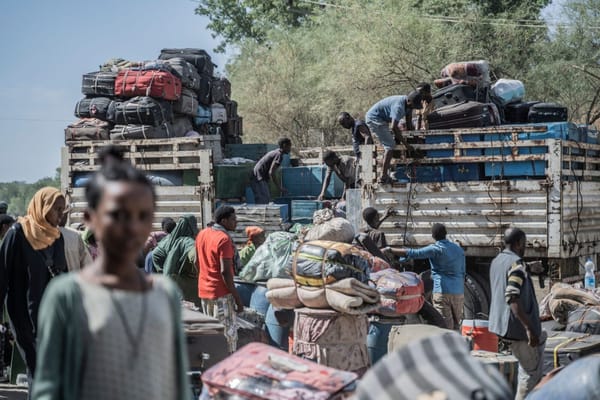


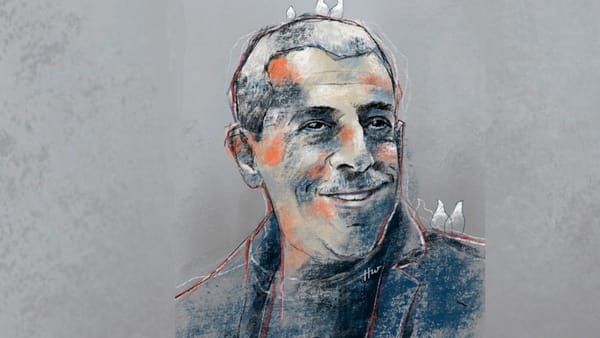

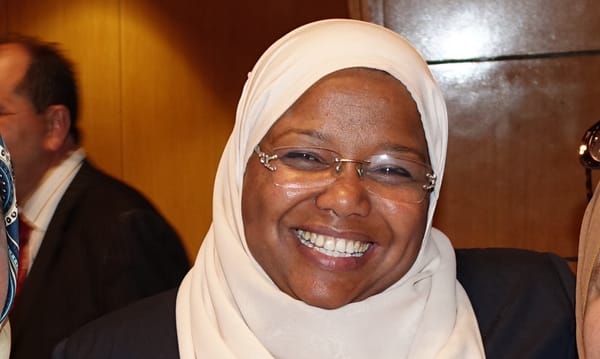
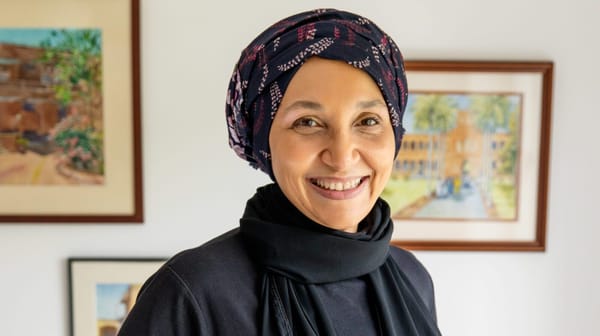

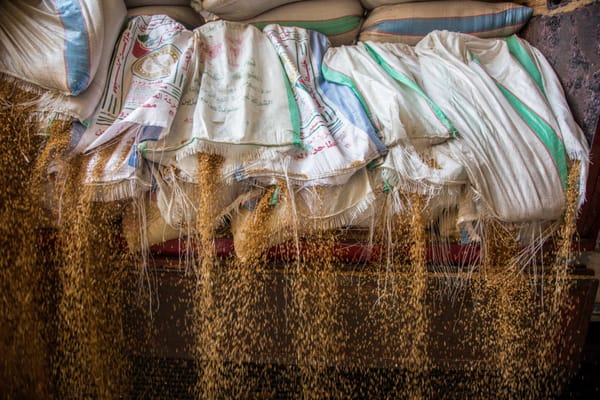

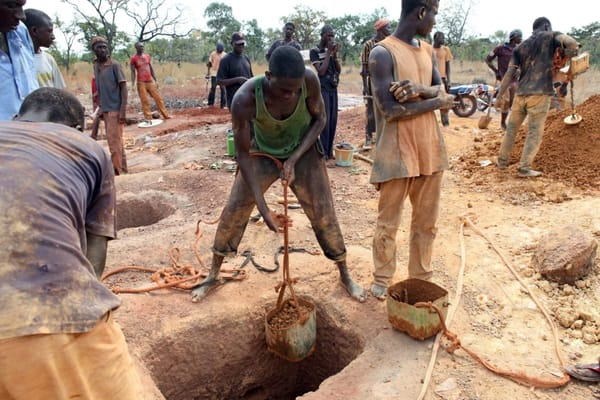
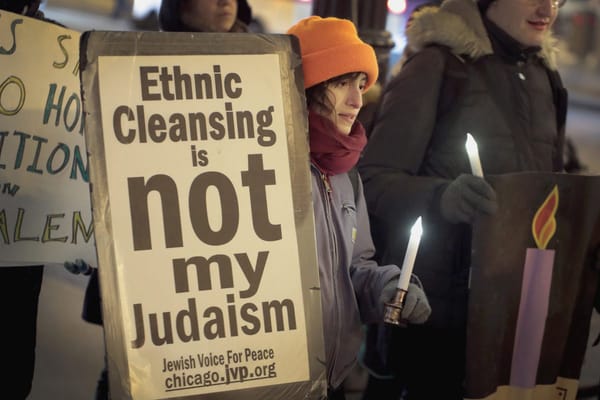
Awakening to the Politics of Israel—An Interview with Sonya Meyerson-Knox of Jewish Voice for Peace
In the context of Israel's newly elected far-right government and ongoing censorship of Palestine in academia and social media, MERIP shares the second of a two-part series of interviews on changing American Jewish attitudes towards Israel and Zionism. In this interview, Lori Allen speaks with Sonya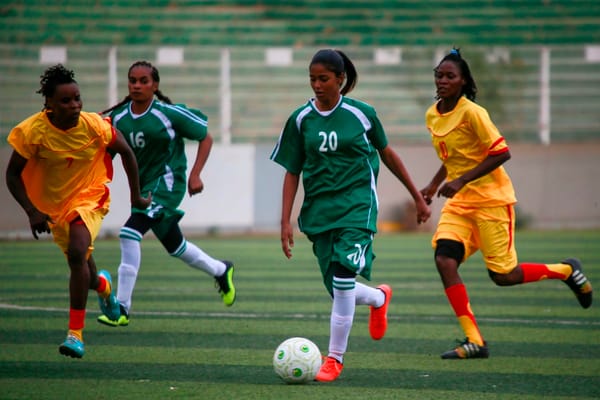
The Challenge in Sudanese Women’s Football
Women’s football in Sudan has grown significantly since the 2000s, with more than 720 players and 21 teams now participating in the women’s national league. Yet attitudes toward women’s play vary across the country, with many footballers facing religious condemnation, social stigmatization, police h